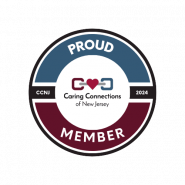The Mayo Clinic has documented a broad range of illnesses all united under the category of ‘heart disease.’ These encompass coronary artery conditions, cardiac failure, arrhythmia such as atrial fibrillation and any congenital abnormalities associated with the heart. No matter what condition it is related to your cardiovascular system, these issues are part and parcel when discussing heart diseases.
Other diseases of the heart include:
- heart infections
- heart valve disease
- cardiomegaly (an abnormally enlarged heart)
- cardiomyopathy (a disease of the heart muscle)
What are the symptoms of different types of heart disease?
Angina, more popularly known as chest pain, is a widespread indication of heart disease. Due to inadequate oxygen and nutrient-rich blood supply to the heart – not sufficient enough for it work optimally – this manifests in an uncomfortable sensation that can range from constriction or squeezing around one’s breastbone region or even radiating through their neck, shoulders, arms abdomen and back. If you are experiencing any of these symptoms then chances are you might be suffering from cardiac problems.
Does fatigue set in after only a few moments of physical activity? Do you find it difficult to catch your breath while resting? These are likely warning signs of heart disease, but the good news is that these symptoms usually subside when taking some time off from hard activities.
Women often experience different symptoms than men. For example, women may have:
- nausea
- vomiting
- back pain
- jaw pain
- cold sweats
- paleness
- dizziness
- shortness of breath
- lightheadedness
- fainting episodes
Women may be unaware of the warning signs for heart disease, as its indications can oftentimes mimic other chronic illnesses. Furthermore, certain risk factors such as stress, depression and menopause have a greater impact on women’s likelihood to experience cardiovascular issues than in males.
Risk factors for heart disease
Common risk factors for heart disease include:
- being overweight
- being inactive
- smoking tobacco
- eating a high-fat, high-sodium, and high-carbohydrate diet
- having diabetes mellitus
- having high blood pressure
- having high cholesterol
- having a family history of heart disease
According to the research conducted by the Center for Disease Control and Prevention (CDC), an alarming portion of Americans possess major risk factors that could make them susceptible to coronary heart disease, such as high blood pressure, smoking or elevated cholesterol levels. If your doctor has cautioned you about potentially contracting this illness in later years, it is essential that you act on their warning!
Princeton Medical Institute is currently seeking participants for a wide range of research studies. All study related visits, lab work, medications, and procedures are provided at no cost to those who qualify for the study. Qualified participants will receive compensation for time and travel. Contact our staff today and see if you’re eligible to join a research study.



